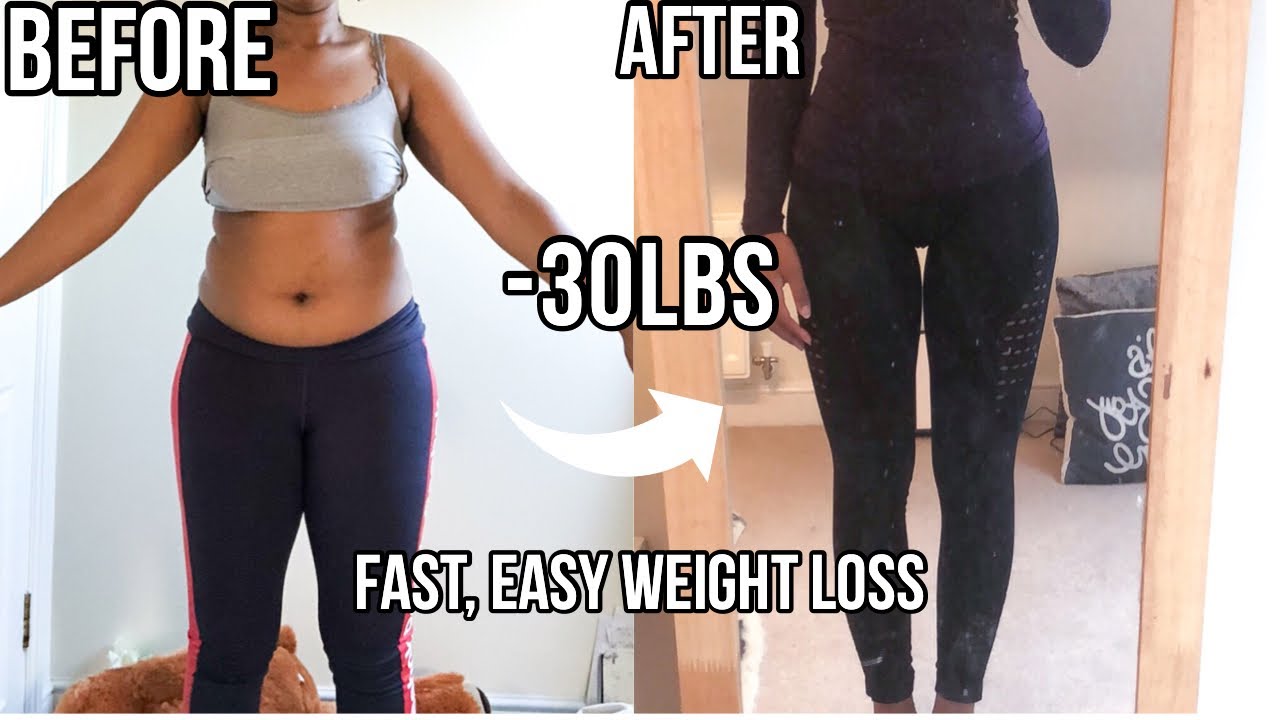
Coconut oil is a natural weight loss tool that has many benefits. Coconut oil acts as an appetite suppressant. A coconut oil supplement can be convenient as it allows for you to manage the dosage. Usually, a capsule contains about one-third to one-half gram of coconut oil. Consuming one teaspoon of coconut oil before you eat can reduce how much you eat.
MCFAs in coconut oils
Coconut oil has medium-chain fat acids (MCFA), that have many health benefits. These fats are lighter in molecular weight, and penetrate cells without the need for enzymes. They are not stored as fat once they have been absorbed into the body. They are therefore more effective at burning fat and can aid in weight loss.
MCTs can be easily absorbed by the liver which improves the body’s metabolism. Medium-chain fats can also be broken down more easily than long-chain, making it easier to extract energy from them.
MCTs in coconut oil
MCT oil can also be used in smoothies and salad dressings. MCT oil is recommended to be consumed in a half-ton per day. But you should be careful not to overdo it. Too much MCT oil may cause digestive upset. You could gain weight from too much MCT oil.

MCTs make up a subset among the fatty acids in coconut oil. They account for between 62 and 65 percent of the fat content. When used in the proper amounts, they help boost the body's energy levels, improve cognitive function, and aid in weight loss. Coconut oil is usually separated into its MCT oil before it is sold, and it is this type of oil that has so many health benefits. This fat is great for people with high cholesterol.
Satisfaction in weight loss
Coconut oil has a satiety factor, and it's associated with increased weight loss. It increases metabolic rate and promotes the feeling of fullness. This is due to the hormone, irisin. It is also related to exercise. The exact relationship between the irisin and coconut oil's satiation factor is still unknown. The effectiveness of coconut oils as a nutritional aid for people with obesity is still not well researched.
Coconut oil increases the volume of the stomach, which promotes the production of the hormone that signals fullness. Studies have shown that saturated oils are more effective in increasing your feeling of fullness, than monounsaturated. It can be used in salad dressings, cooking, or as a marinade.
MCTs in coconut oil to inhibit appetite
Increasing the intake of MCTs is one of the best ways of losing weight. These fats can be absorbed quickly, allowing your mitochondria to produce more ATP (a form of energy). With increased cellular energy, you can exercise for longer, burning more calories and building muscle, leading to weight loss.
MCT oil has a low melting point so be careful. MCT oil may be tolerated well by some people, while others might have adverse reactions. If you're unsure about the best way to consume MCT oil, start out with a small amount, like a tablespoon or two. This will allow you to reap the benefits of MCT oil without any side effects.

MCTs in coconut Oil as an appetite suppressant
The MCTs in coconut oils are promising appetite suppressants that can help you lose weight. MCTs can suppress hunger. They also have health benefits. These include improving gut health by promoting good bacteria, reducing cholesterol levels, and improving digestive functions. MCTs have also been proven to improve the gut's cholesterol profile. This reduces cholesterol and prevents cardiovascular disease.
MCT oil can be used to suppress your appetite and reduce your body's circumference. Studies have also shown that it can be used as a natural appetite suppressant. It has also been shown to decrease total subcutaneous fat and visceral fat. A daily dosage of two to four grams can lead to a loss of two to four pounds. You can further enhance the benefits of coconut oil by eating a healthy diet and engaging in regular exercise. MCT oil can also often be used in conjunction with a Ketogenic diet. The ketogenic diet has a high intake of fatty acids. This shifts metabolism away form glucose towards ketone body.
FAQ
How can I lose weight?
Many people want to lose weight. People desire to lose weight because they want to live longer, feel healthier, and live longer. There are many options for losing weight. Cardio training, strength training yoga, pilates running, swimming and cycling are just a few of the options. Each exercise has its pros and cons. Walking is the best way to lose calories. If you want to build muscle mass and burn calories, however, lifting weights is the best option. This article will discuss which exercise and how to lose weight.
The first thing to consider when losing weight is what kind of diet plan you should follow. There is no need to eat less; you can eat fewer processed foods, and avoid junk food. It is recommended that you consume at least 2200 calories daily. You can lose weight quicker if you reduce your calorie intake. This way, you will get rid of fat much faster.
Get active if you want fast weight loss. Exercise will help you burn calories and boost your metabolism. You must combine exercise and a healthy diet to lose weight. You will lose weight by exercising. Your body will burn fat more quickly if you do your workouts regularly. Regular workouts are a way to stay healthy. They help you stay active and prevent diseases such heart disease, diabetes, obesity, hypertension, among others.
Try to walk as often as possible. Walking burns approximately 500 calories each hour. Walking for 30 minutes a day will help you burn approximately 1500 calories. You will therefore lose approximately 1 pound per week. You can also run/jog for 10 minute. Running burns around 1000 calories per hour. Running for 20 minutes should be done three times per week if you are trying to lose 5lbs in 3 weeks.
It is important to combine healthy eating habits with exercise to lose weight. Try to find a balance between these two factors.
How to make an exercise plan?
Create a routine. You should know what you will do each week and how long. This helps to plan ahead and avoid procrastination.
It is important to make sure you are getting plenty of variety from your exercise routine. You don't want to become bored with exercise because then you won't stick with it.
It is important to track your progress. It's crucial to track your weight changes over time.
You can lose weight quickly if you do not gain weight. If you gain excessive weight, it can be difficult to remain motivated.
Find a healthy balance between losing weight and gaining weight. If you are unhappy with your current situation, you will be less inclined to exercise.
How Much Weight Can You Lose in a Week?
Your body fat percentage determines how much weight you are able to lose. It is important to first calculate how much weight you wish to lose. Then, determine your BMI. Your BMI tells us how much weight you should lose in order to achieve this goal. If your BMI is 25 or greater, you're overweight. If your BMI falls below 30 you are considered obese.
For example, let's say you have a BMI of 28.7 and are 200 pounds. To reach a healthy weight, you would need to lose 70 pounds. To see if you're overweight, visit www.healthyminds.com/bmi/.
You can calculate the number of pounds you'll lose each week by knowing your BMI.
(Your Goal Weight - Current Weight)/BMI * 7 Number Of Pounds Lost Per Week
To lose 50 pounds in a month, you would need to exercise for 2 weeks. That's 56 days divided by 7 pounds per day. This works out to 8.3 lbs per week.
You could also try this calculator from www.weightlosscalculator.net. It will provide an approximate amount of calories that you would need daily to lose one pound per month.
Does intermittent fasting affect my sleep?
Intermittent fasting can affect your sleep. You may notice an increase in hunger hormones if you skip meals. You might find yourself awakened at night due to your hunger hormones.
Experts recommend skipping breakfast. Experts recommend having a light snack before going to bed.
If you still wake up hungry after this snack, you can consume a small meal just before going to bed.
Be careful not to overeat. If you do this, you might gain weight instead of losing it.
Is there any difference between intermittent fasting and calorie restriction?
Calorie restriction means eating less calories than your body requires. Intermittent Fasting is different in that it doesn't restrict calories. Intermittent fasting focuses more on eating fewer calories every day.
Intermittent Fasting is more efficient because you can enjoy the foods you love without feeling guilty.
Both methods have pros and cons. It is up to you to decide which method you prefer.
How long does it usually take to lose weight
It takes time to lose weight. It can take six months to lose 10%.
You shouldn't expect weight loss overnight. Your body will need time to adapt to new dietary changes.
This means that you should gradually change your diet over several days or weeks.
Fad diets don't work and you should get off them. Instead, focus on improving your daily routine.
If you eat unhealthy snacks at night, you might want to cut back.
It is better to eat healthier meals early in the evening. This way, you'll avoid snacking later in the night.
You should also drink plenty of water during the day. Water keeps your body hydrated and prevents dehydration. You feel tired and slow if you are dehydrated.
A lot of water throughout the day is a great way to stay energized.
Doing things that are relaxing can help you reduce stress. Spending quality time with loved ones is one way to reduce stress levels.
You could also read books or watch movies, or listen to music.
These activities will help relieve stress. They will also improve your mood, self-esteem, and overall well-being.
It is essential to think about your health before you lose weight.
Your overall health is directly related to your physical fitness. So, if you want to get fit, you should start with proper nutrition and regular exercise.
Statistics
- It's estimated that half of all American adults attempt to lose weight every year (1Trusted (healthline.com)
- According to Harvard Health, it's estimated that a 155-pound (70-kg) person burns around 167 calories per 30 minutes of walking at a moderate pace of 4 mph (6.4 km/h) (5). (healthline.com)
- One 6-month study showed that simply doing 11 minutes of strength-based exercises 3 times per week resulted in a 7.4% increase in metabolic rate, on average. (healthline.com)
- According to Harvard Health, it's estimated that a 155-pound (70-kg) person burns roughly 112 calories per 30 minutes of weight training (5). (healthline.com)
External Links
How To
How to lose weight by exercising
Exercise is one of the best ways to lose weight. Many people don't know how to exercise properly. You should do cardio exercises, such as swimming, running, walking, swimming, etc., as well as strength training exercises, such as pulling up, pushingups, pull-ups and lunges. Combining these types of exercises is the best way to lose weight. You can start exercising by getting some friends involved. You can go to a gym, or you can just take a walk around the neighborhood. No matter which type of activity, you need to be consistent with it. It's very easy to get off track when you first start working out, so don't give up if things aren't going well right away. Keep going.